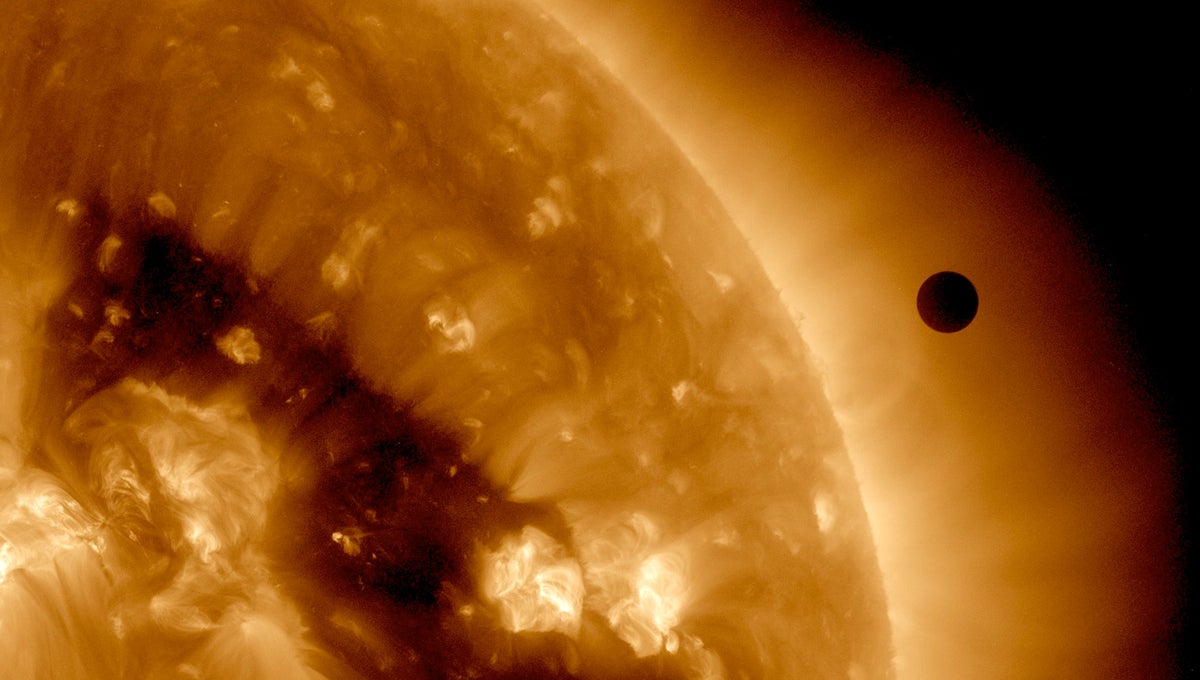
The co-founder of the company that operated the ill-fated submersible trip to the wreck of the Titanic is now leading efforts to send humans to Venus.
Guillermo Söhnlein, who is also the founder and chairman of Humans2Venus, said in an interview with Insider that he is hopeful his new company can host a colony of 1,000 humans on the hottest planet in the solar system.
The new venture comes less than two months after OceanGate co-founder and Mr Söhnlein’s friend Stockton Rush and four other passengers died when the company’s Titan submersible imploded at depths of more than 12,000ft. Mr Söhnlein co-founded OceanGate with Mr Rush in 2009 and handed over control of the company in 2013.
Guillermo Söhnlein— (60 Minutes )
“Forget OceanGate. Forget Titan. Forget Stockton. Humanity could be on the verge of a big breakthrough and not take advantage of it because we, as a species, are gonna get shut down and pushed back into the status quo,” Mr Söhnlein said. “[Sending humans to Venus] ... it is aspirational, but I think it’s also very doable by 2050.”
Mr Söhnlein argued that new findings by NASA suggest humans could potentially live in a silver of the Venusian atmosphere that is 30 miles from the surface.
According to NASA, Venus has a very toxic atmosphere filled with carbon dioxide and it’s permanently “shrouded in thick, yellowish clouds of sulfuric acid that trap heat, causing a runaway greenhouse effect.” It is believed by experts that it would be nearly impossible for humans to live on Venus, per Space.com.
However, Mr Söhnlein has expressed that those hurdles can be overcome with innovation.
“When it came to imagining a permanent home for humanity away from Earth, one challenge always bothered me,” an entry by Mr Söhnlein on the Humans2Venus website read. “I am not an engineer or a scientist, but I have ultimate faith in the abilities of both. Therefore, I always figured that they would be able to overcome the myriad challenges facing us in the extreme environment of space: radiation, temperature, pressure, food, water, breathable air, etc. All of these could be overcome.”
Hamish Harding (upper left), Stockton Rush (upper right), Paul-Henri Nargeolet (bottom left) and Shahzada Dawood and his 19-year-old son Suleman (bottom right) died in the Titan’s implosion— (Dirty Dozen Productions/OceanGate/AFP/Getty)
Mr Söhnlein has fiercely defended Rush against criticism that the late investor ignored several warnings about safety concerns with the Titan.
“I don’t think that should have a negative connotation because you could almost argue that it’s a critical element of humanity moving forward,” he told Insider. “If we didn’t have people that like this, we’d probably all still be in caves.”
OceanGate, which was based in Everett, Washington, announced earlier this month that it suspended all operations.
In this handout image provided by NASA, the SDO satellite captures a ultra-high definition image of the Transit of Venus across the face of the sun on June 6, 2012— (Getty Images)
The Titan’s catastrophic implosion on 18 June remains under investigation by multiple maritime authorities, including the US Coast Guard as well as the Transportation Safety Board of Canada and the French Marine Casualties Investigation Board.
The Coast Guard convened a Marine Board of Investigation last month and said it will hold a public hearing once it is determined what caused the submersible to malfunction.







